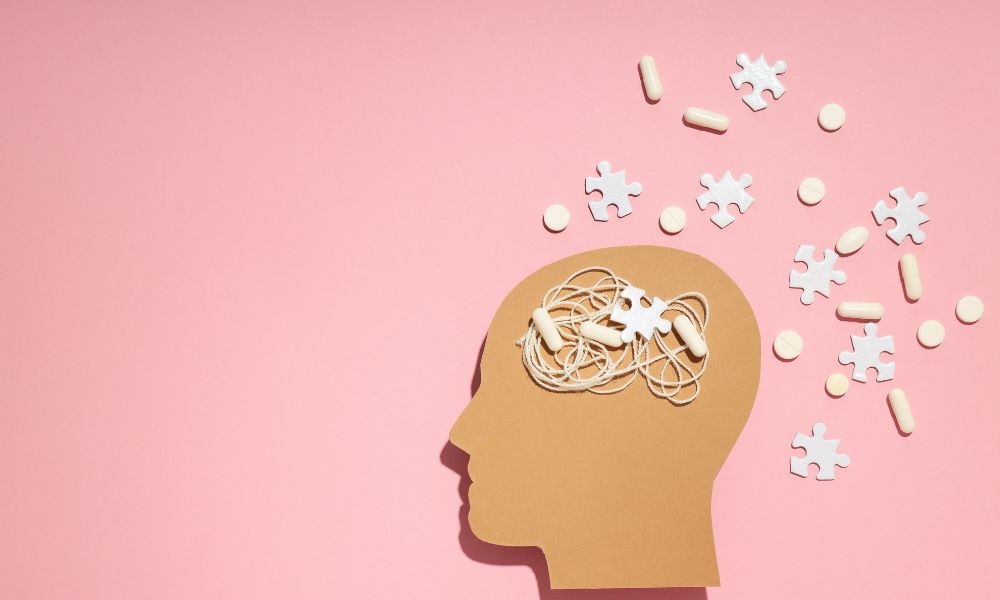Brahmi vs Shankhpushpi: Which Is Better for Brain Health?

In the rich tradition of Ayurveda, certain herbs have stood the test of time due to their extraordinary impact on cognitive and neurological health.
Among them, Brahmi (Bacopa monnieri) and Shankhpushpi (Convolvulus pluricaulis) are often compared. If you’ve ever wondered about brahmi vs shankhpushpi or searched shankhpushpi vs brahmi which is better, this guide will give you clear, evidence-backed insights.
Introduction to Brahmi and Shankhpushpi
Both Brahmi and Shankhpushpi are known as "Medhya Rasayana" in Ayurveda—herbs that rejuvenate and strengthen the mind. Their traditional use spans centuries, mentioned in ancient texts like Charaka Samhita and Sushruta Samhita. Modern science has begun validating their powerful neuroprotective and nootropic (brain-enhancing) effects.
Comparison Table: Brahmi vs Shankhpushpi
| Feature | Brahmi (Bacopa monnieri) | Shankhpushpi (Convolvulus pluricaulis) |
|---|---|---|
| Ayurvedic Name | Brahmi | Shankhpushpi |
| Family | Scrophulariaceae | Convolvulaceae |
| Local Names | Hindi: Brahmi Marathi: Jalabrahmi Tamil: Neer Brahmi Kannada: Ondelaga |
Hindi: Shankhpushpi Marathi: Shankhavali Tamil: Vishnukiranthai Kannada: Shankhini |
| Main Active Compounds | Bacosides A & B, Bacopasaponins, Alkaloids, Flavonoids | Kaempferol, Convolamine, Scopoletin, Flavonoids, Glycosides |
| Key Actions | Enhances memory, learning, attention, reduces anxiety, slows brain aging | Boosts intellect, calms mind, improves memory, reduces stress |
| Brain Benefits | Improves synaptic communication, reduces oxidative stress | Supports neurotransmitter activity, fights neuroinflammation |
| Used For | Alzheimer’s, ADHD, Epilepsy, Anxiety | Cognitive decline, Stress, Anxiety, Insomnia |
| Taste & Properties | Bitter, cooling, slightly sweet; antioxidant, neuroprotective | Sweet, cooling; antioxidant, adaptogenic |
| Safety Profile | Generally safe in recommended doses; non-habit forming | Safe and non-toxic in therapeutic doses |
| Form Available | Capsules, syrup, powder, herbal ghee | Syrup, churna, ghrita, tablets |
Brahmi: The Herb of Grace
Brahmi is a well-known nootropic herb used in Ayurveda to boost memory, learning capacity, and concentration. Its main active compounds—bacosides—have shown the ability to enhance neuronal repair and synaptic communication, making it a potent choice for students, working professionals, and the elderly.
Key Benefits of Brahmi:
- Supports memory retention and recall
- Reduces anxiety and stress
- Helps in ADHD and mild cognitive impairment
- Improves attention span and mental clarity
Scientific studies have shown that Brahmi modulates neurotransmitter levels and protects brain cells from oxidative stress and age-related damage.
Shankhpushpi: The Mind-Calming Tonic
Shankhpushpi is praised in Ayurveda as a natural rejuvenator for the brain. It is especially known for calming the nervous system and reducing mental fatigue, anxiety, and insomnia.
Key Benefits of Shankhpushpi:
- Improves concentration and intellect
- Reduces stress and enhances sleep quality
- Useful in age-related memory loss
- May support Alzheimer’s management
Modern research highlights its powerful flavonoids and alkaloids that help regulate neurotransmitter functions and reduce neuroinflammation and oxidative damage.
Shankhpushpi vs Brahmi: Which Is Better?
The answer depends on your health goals:
- For improving memory and mental performance – Brahmi is more suitable due to its strong nootropic and synapse-strengthening effects.
- For calming the mind and reducing stress or anxiety – Shankhpushpi works better as it acts as a natural adaptogen and stress-reliever.
- For children and students – A combination of both may be ideal under Ayurvedic guidance.
- For elderly cognitive support – Both together offer synergistic benefits in age-related mental decline and Alzheimer’s.
Can You Take Brahmi and Shankhpushpi Together?
Yes, when taken under the supervision of an Ayurvedic practitioner, combining both herbs can offer synergistic brain health benefits. Many classical formulations in Ayurveda already use both in balanced proportions.
Scientific Research Backing
Numerous studies and reviews (as summarized in the Sharda University paper) validate the neuroprotective, antioxidant, and adaptogenic properties of both herbs. Their traditional wisdom is now backed by modern pharmacological insights, especially in the prevention of neurodegenerative diseases like Alzheimer’s, dementia, and Parkinson’s.


 Mental Wellness
Mental Wellness
 Vital Organ Wellness
Vital Organ Wellness
 Skin Wellness
Skin Wellness
 Immunity Wellness
Immunity Wellness
 Sexual Health
Sexual Health
 Bones Wellness
Bones Wellness
 Daily Wellness
Daily Wellness
 Kids Wellness
Kids Wellness
 Diabetes Wellness
Diabetes Wellness



